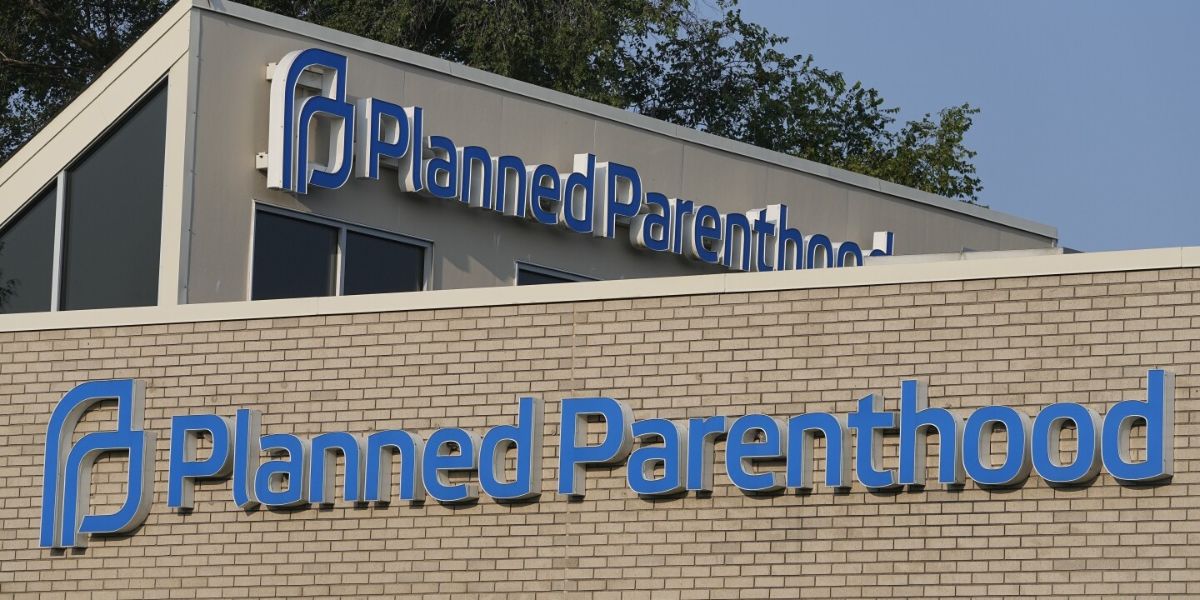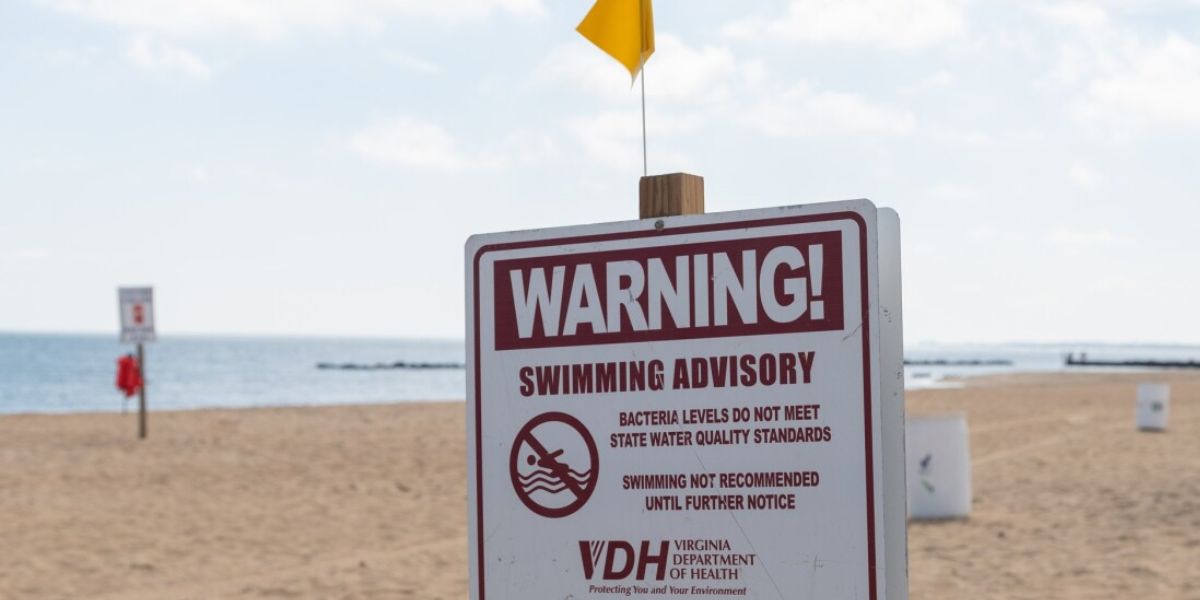Sacramento, California – On Thursday, the U.S. Supreme Court issued a 6-3 ruling that gives states the power to block Medicaid funding for Planned Parenthood, the nation’s largest abortion provider.
This decision, though not directly related to abortion, has significant implications for healthcare services such as contraception, cancer screenings, and other essential health services provided by Planned Parenthood.
Implications of the Ruling
The Supreme Court’s opinion, penned by Justice Neil Gorsuch and supported by the court’s conservative majority, effectively blocks a primary avenue for Planned Parenthood to maintain Medicaid funding through patient lawsuits.
While the decision does not directly address abortion services, it strengthens the ongoing Republican-led push to defund Planned Parenthood and restrict access to healthcare services, particularly for low-income individuals who rely on Medicaid.
Professor Audrey Blondin, a law and public health expert at the University of New Haven, expressed her dismay: “This is atrocious. I was beside myself when I heard of this ruling.” Similarly, state Sen. Dave Cortese noted, “You’ve just got a huge piece of the healthcare access safety net that’s gone.”
What Does This Mean for California?
The ruling is expected to embolden states seeking to defund Planned Parenthood, potentially limiting access to essential health services across the country. In California, however, concerns are mounting about the state’s ability to shield Planned Parenthood from the impact of federal funding cuts.
Jodi Hicks, CEO and President of Planned Parenthood Affiliates of California, stated: “This latest ruling is yet another move by the Supreme Court’s anti-abortion majority to deny people essential healthcare and punish abortion providers simply for providing this care.”
The decision’s timing is particularly concerning for California, where Governor Gavin Newsom and state legislators are already grappling with budget cuts.
The ruling could further strain efforts to maintain the level of care offered by Planned Parenthood, especially as California lawmakers work to create a balanced budget before the Monday deadline.
Challenges in Funding Healthcare Services
Lawmakers face a critical challenge: how to make up for potential federal funding cuts while protecting vital healthcare services. State Senator Dave Cortese suggested one potential solution: imposing a business tax on large corporations to help bridge the funding gap.
With the state budget deadline looming, legislators are under pressure to respond swiftly and ensure that healthcare providers like Planned Parenthood can continue serving those in need.
“There are cuts proposed to Planned Parenthood that he (the governor) has proposed, and we’ll see tomorrow and Monday exactly how the legislature responds to those,” said Cortese.
Read Also: California Faces 10-Day Deadline to Comply With Trans Athlete Ban or Risk Federal Funds
Looking Ahead: What’s Next for Reproductive Healthcare?
As the fallout from this Supreme Court decision reverberates across the country, it remains to be seen how states will respond.
In California, legislators and activists are working to protect reproductive healthcare access, but the challenges remain significant. The situation highlights the ongoing tension between federal rulings and state-level efforts to safeguard healthcare access, especially for marginalized communities.
What Do You Think?
How do you think this ruling will impact reproductive healthcare in your state? What steps should be taken to protect essential healthcare services for all?
For ongoing updates on this issue and how it affects California’s healthcare landscape, visit RidgecrestPact.org for more.













